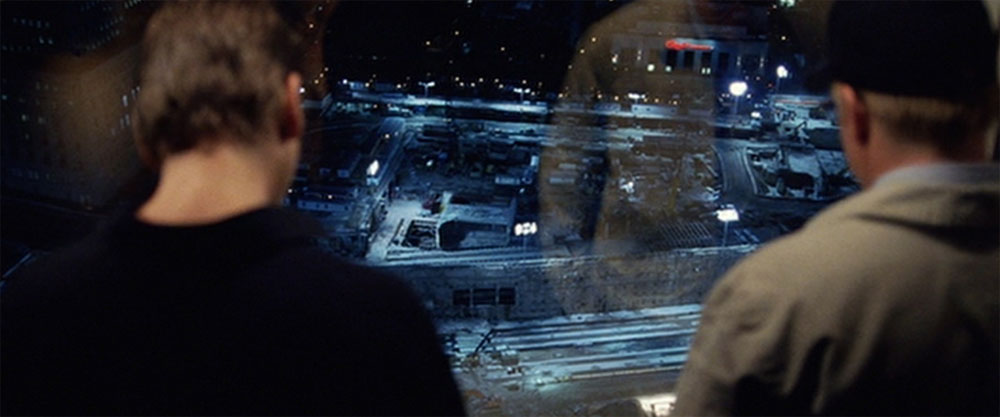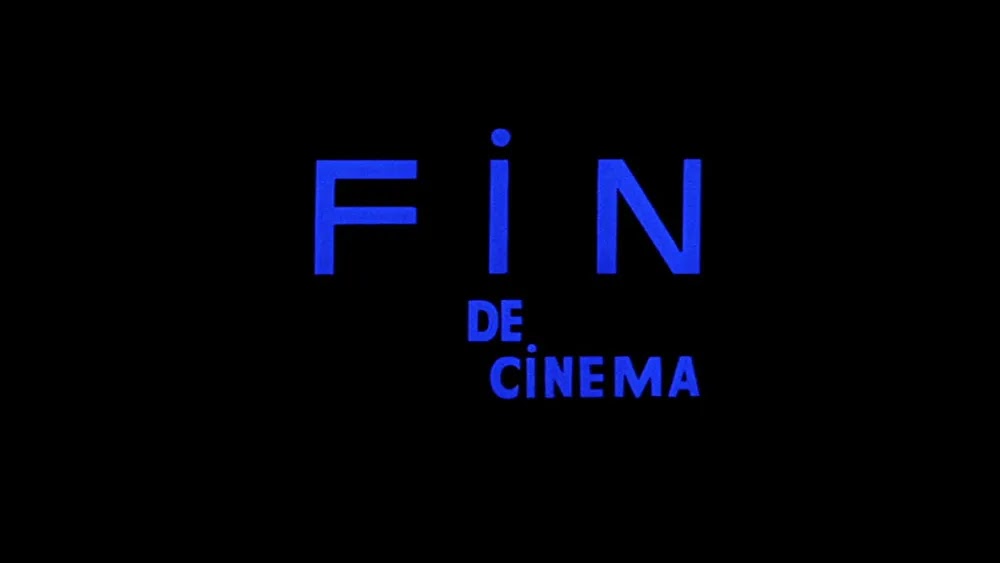For the finale of the Lost in the Movies podcast (at least for now, I don't plan to return from the scheduled summer/fall hiatus), I'm offering up a doozy. This second guest conversation with Andrew Cook - who covered Eyes Wide Shut with me years ago - is the longest episode on this feed, an hour-plus discussion of the wild, sprawling Richard Kelly opus Southland Tales, which I've supplemented with numerous bonus sections including a couple feedback readings, an exchange with previous Twin Peaks Conversations guest (and The People's Joker director) Vera Drew about this film, and a couple capsule reviews of Kelly's other movies: Donnie Darko and The Box. At the center of this coverage, Andrew and I dig into the complicated place of Southland in the decade it was made which also features as its half-imagined subject. As I said when cross-posting the Patreon episode which originally contained this material (a sprawling survey of zeroes cinema and culture), "Set in an alternate version of 2008 but shot in 2006, it imagines an America whose War of Terror tremors have caught up with a culture that just wanted to go shopping - transforming the country into a manic police state with an active resistance and wild sci-fi developments emerging virtually overnight." Both of us are fascinated with how Kelly holds a funhouse mirror up to the film's own time as well as, inadvertently, the Trump era which followed a decade later (and may be ongoing today). Meanwhile, there are currently plans for me to make a guest appearance on the Southland Tales-focused Have a Nice Apodcalypse podcast for further discussion dwelling on the connections between Richard Kelly and David Lynch, so stay tuned...
While this concludes my public release of "film in focus" podcasts, there are still many movies I covered only on Patreon. In coming months, I'll share previews of these on the Lost in the Movies feed but if you want to jump into this backlog right now, check out this directory (scroll down for Patreon exclusives) and become a patron.


























